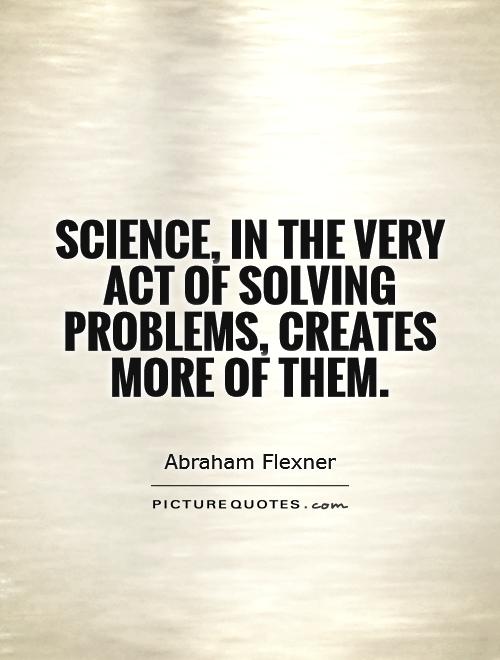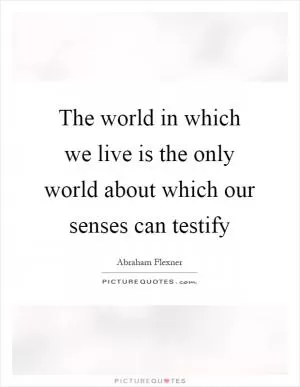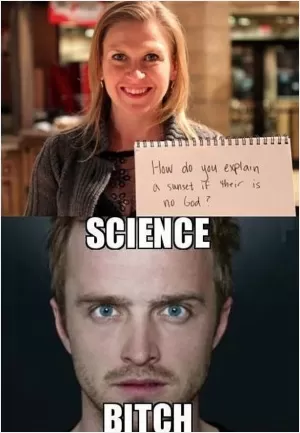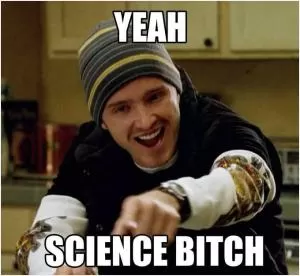Science, in the very act of solving problems, creates more of them

Science, in the very act of solving problems, creates more of them
Abraham Flexner, an American educator and reformer, is best known for his role in revolutionizing medical education in the United States through his famous Flexner Report. In this report, Flexner highlighted the need for standardized medical education and the importance of scientific research in the field of medicine. However, Flexner also recognized the inherent paradox in scientific progress - that in the very act of solving problems, science often creates more of them.Flexner understood that scientific inquiry is a never-ending process, where each discovery leads to new questions and challenges. As scientists delve deeper into the mysteries of the natural world, they uncover complexities and intricacies that were previously unknown. This constant pursuit of knowledge and understanding inevitably leads to the generation of new problems and dilemmas that must be addressed.
One of the key ways in which science creates more problems is through the process of specialization. As researchers focus on specific areas of study, they often uncover new complexities and nuances that require further investigation. This can lead to a fragmentation of knowledge, where different disciplines become increasingly isolated from one another. This specialization can make it difficult to see the bigger picture and can hinder interdisciplinary collaboration, which is often necessary to solve complex problems.
Furthermore, as scientific knowledge advances, ethical and societal implications also come to the forefront. For example, advancements in genetic engineering raise questions about the ethics of manipulating the human genome. Similarly, developments in artificial intelligence raise concerns about the impact on the job market and the potential for autonomous weapons. These ethical dilemmas require careful consideration and debate, adding another layer of complexity to scientific progress.
Despite the challenges and complexities that arise from scientific inquiry, Flexner believed that the pursuit of knowledge was essential for the advancement of society. He recognized that while science may create more problems, it also has the potential to solve them. By fostering a culture of curiosity, critical thinking, and collaboration, Flexner believed that science could ultimately lead to a better understanding of the world and the development of innovative solutions to the challenges we face.












 Friendship Quotes
Friendship Quotes Love Quotes
Love Quotes Life Quotes
Life Quotes Funny Quotes
Funny Quotes Motivational Quotes
Motivational Quotes Inspirational Quotes
Inspirational Quotes